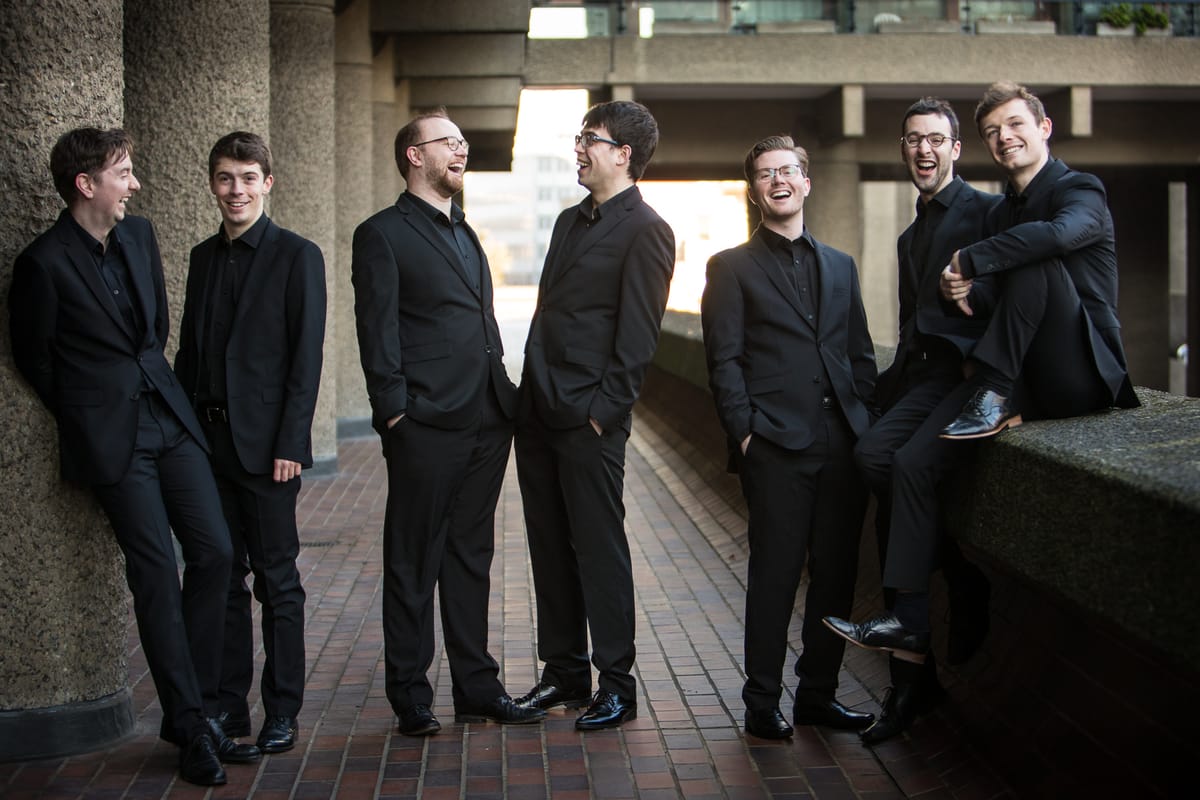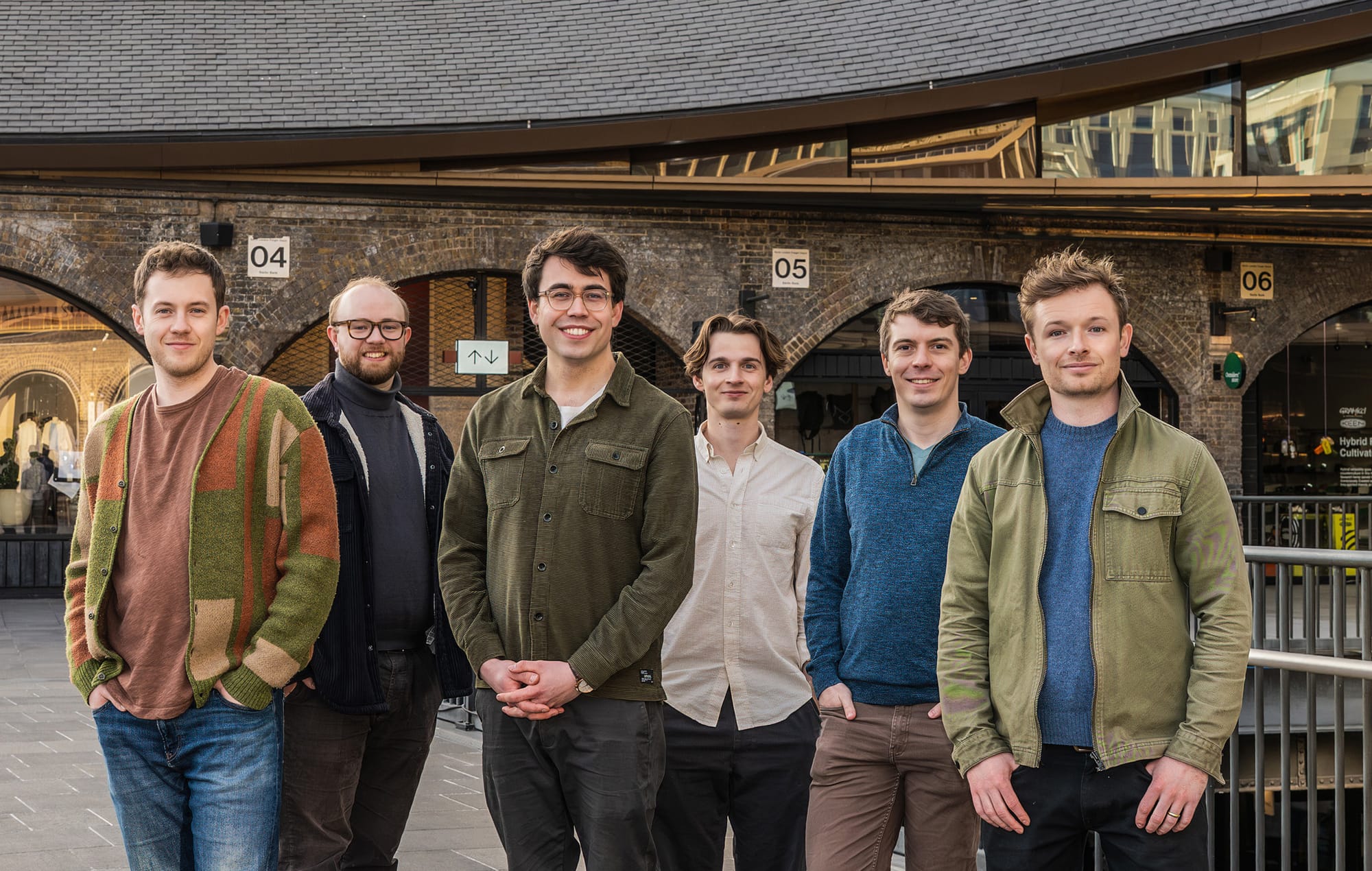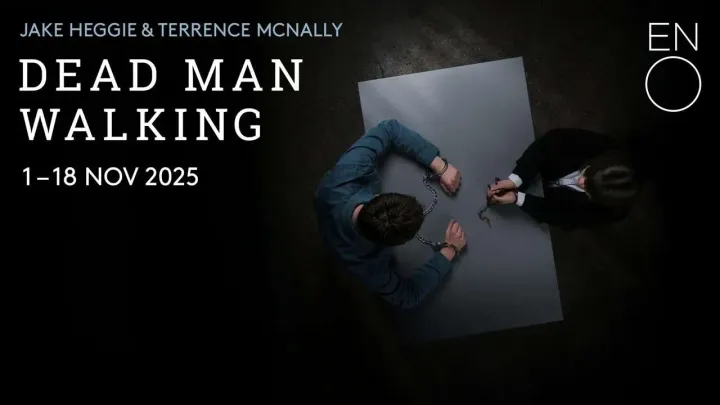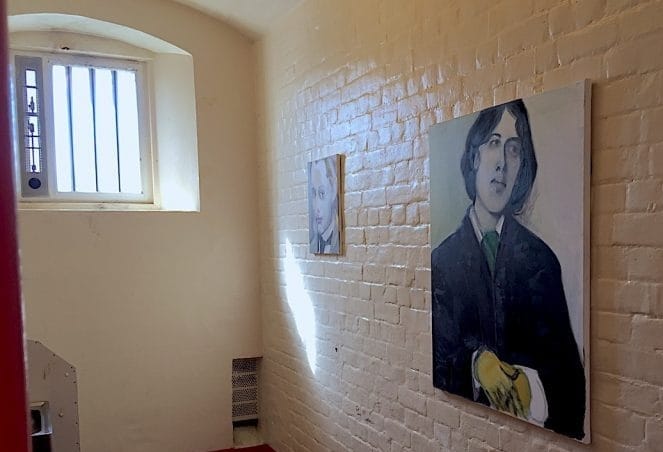Queen of Hearts: The Gesualdo Six
There's something profoundly queer about ancient devotional music – the ecstatic surrender, the passionate veneration, the blurring of earthly and divine love. The Gesualdo Six's concert understood this implicitly, delivering an evening of 16th-century polyphony both ancient and contemporary.

Brighton Early Music Festival Reigns Supreme at St Martin's
There's something profoundly queer about devotion – the ecstatic surrender, the passionate veneration, the blurring of earthly and divine love. The Gesualdo Six's Queen of Hearts concert at Brighton Early Music Festival understood this implicitly, delivering an evening of 16th-century polyphony both ancient and contemporary.
Brighton Early Music Festivals' reputation comes from exactly this kind of imaginative programming. Each year, BREMF curates around specific themes to challenge and refresh our understanding of historical music, refusing to let these centuries-old works gather dust in reverent silence. 2025's theme is LOVE. They ask us to hear them anew, to find living connections between past and present, an approach that makes early music feel vital and necessary rather than preserved.
St Martin's Church proved the perfect vessel for this exploration of queenship in all its forms. The acoustic allowed the polyphonic harmonics to roll around the building like incense, giving high ethereal tones to the splendid benedictions of the Marian devotional music. This was sound as architecture, each voice a flying buttress supporting the whole glorious edifice.
The programme was a study in power and piety. The music, mostly 16th-century polyphony venerating the Virgin Mary – Regina Caelorum, Queen of Heaven – also memorialised earthly queens of courtly life: Anne of Brittany, Margaret of Austria, Anne Boleyn and Mary Tudor. These works blended sacred Latin texts with vernacular poetry, evoking a world where love, reverence and political allegiance were expressed through ritual and song. In an era when queens wielded genuine power and female sovereignty was both celebrated and feared, these musical tributes feel especially resonant.
The choice of repertoire showcased The Gesualdo Six's precision and emotional depth. What makes their approach so revelatory is their commitment to historically informed performance: even familiar works felt startlingly fresh, the employment of exclusively male voices in one-to-a-part arrangements, rather than contemporary mixed-choir configurations, – bringing us a breath away to how these pieces may have sounded. The result is transformative, stripping away centuries of performative convention to reveal the music's raw, intimate power.
Founded in Cambridge in 2014, this acclaimed ensemble represents pure vocal artistry. Their technique and sheer beauty of tone are matched by tuning, blend and balance so impeccable you take them for granted – until those lush final chords softly dissipate in the vast space and you realise you've been holding your breath, suspended in the perfection of their craft.
A 20th century imposition to the evening, but a revelation was Ninfea Cruttwell-Reade's 'Plaisir n'ai plus', a modern commission that brought a 20th century lens – full of subtle dissonances, chromatic uncoiling and polyphonic slides – to a classic text. This wasn't homage; it was a living dialogue across centuries, proving that early music and contemporary composition can speak the same language of longing.

Director Owain Park introduced each segment with contextual insight and humour, lightening the solemness before the ensemble opened their mouths and transported us entirely. In the second half, the Six moved around the space, allowing the audience to experience the close-up bliss of these blended voices. What a thrill to be so near these ancient pieces, and clever use of the church's architecture to give gravitas and spiritual depth to the music's spatial dimension.
See the full programme of this concert here:
Each member of the ensemble shone: countertenors Guy James and Alasdair Austin, tenors Joseph Wicks and Josh Cooter, baritone Simon Grant, and director Owain Park on bass. They worked closely and artfully together to deliver a genuinely thrilling evening of regal celebration. The ensemble's marvellous and expressive interpretation is astonishing – this is the real deal.
This was music about queens, performed like royalty. Long may they reign.
You can see the full programme of BREMF performances here and The Gesualdo Six have recorded this concert's music previously, check out their website for more info.






Comments ()